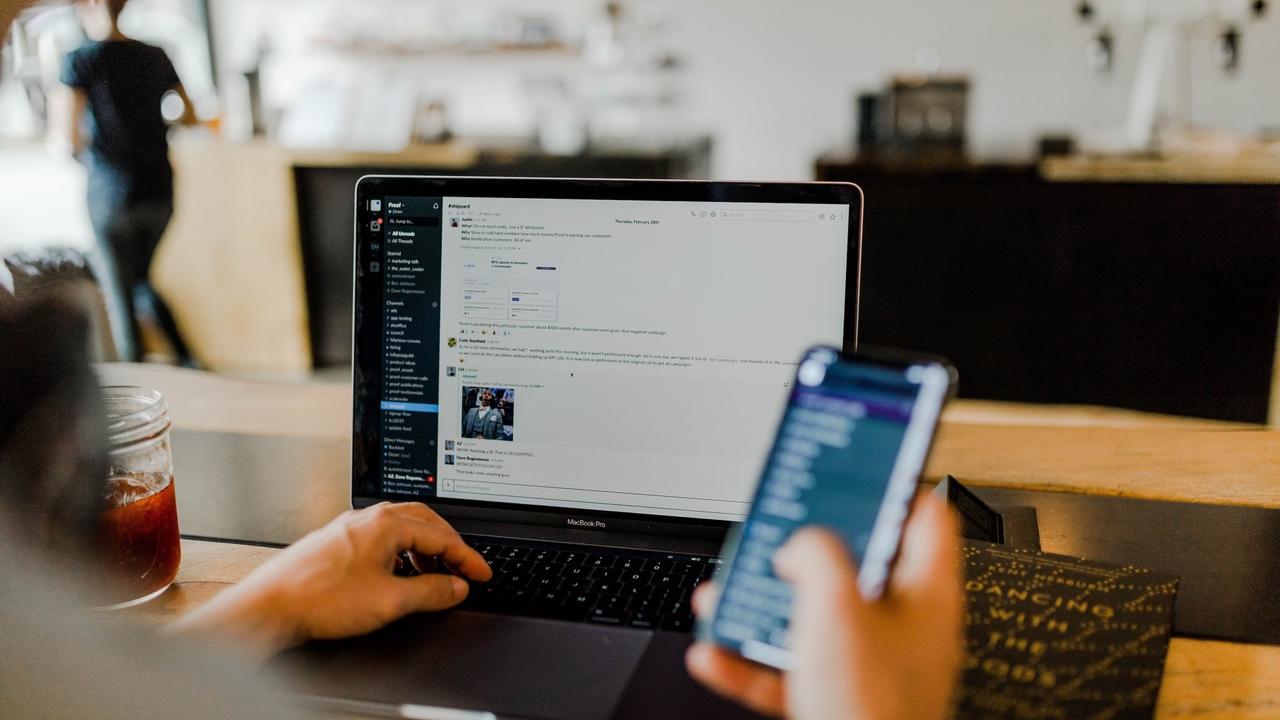Why 'Completion Addiction' Might be Your Biggest Barrier to More Productive Work
May 21, 2020
Originally published in Inc. Magazine.
It's 2 a.m. I'm wide awake. Thoughts about the vendor I need to reply to, the email I forgot to write, and my overflowing inbox spin through my head, pinging me awake like mental smartphone notifications. Finally, I've had enough. I get out of bed and pull out my computer.
I open my inbox: "121 unread messages."
I spend the next two hours flying through my inbox. It's a blur of calendar invites, Slack messages, emails, and Asana tasks. Two hours later, at 4 a.m., I experience a rush more intoxicating than any drug: a rare moment of "inbox zero." I'm complete. Savoring my email victory, I crawl back into bed to get a couple hours of sleep before starting my day.
At 8 a.m., I'm back to work, feeling groggy from my midnight email rampage. And then it happens. I open my inbox and my heart sinks: "38 unread messages."
The elation of completion is gone. I'm right back where I started. Only now, I'm operating without two hours of sleep. I'm caught in the cycle of "completion addiction."
Completion addiction.
How often does this happen to you? How many times do you postpone your most important work, so you can get feel the rush of completion -- so you can feel that rare experience of crossing off all your to-dos or working down your inbox to zero?
In my experience, completion addiction destroys productive work, often without us even being aware of it. Completion addiction causes us to obsess over relatively unimportant emails and to-dos. It causes us to put off the tasks that really matter and to race through our work so we end the day feeling stressed, anxious, and exhausted.
What's worse, like any addiction, this behavior is utterly irrational. We're sacrificing our priorities, our sleep, and our well-being -- and for what? For that brief moment of completion? A moment that vanishes in seconds as new messages, requests, and to-dos come flying in?
So, to overcome it, we have to face discomfort head on. Here are a few strategies:
1. Start with what matters.
Instead of starting your day with your email, which as author Brendon Burchard notes is "nothing but a convenient organizing system of other people's agendas," start with what really matters: the report, the presentation, the hard conversation, or the book you've been trying to write for years.
2. Stop responding immediately.
Responsiveness enslaves us to the demands of others. Sure, it feels good to quickly turnaround an email, a text, or a call. But this ephemeral feeling of pleasure comes at a cost: the highest and best use of our time.
See what happens when you become less responsive. If you ordinarily respond to emails within 30 minutes, try three hours. If you ordinarily respond within three hours, try six. Then use all the time you save to do the work that really matters.
3. Make friends with incomplete
Now for the most difficult practice. To really cure this pattern, you have to make friends with one of the most uncomfortable mind states of modern life: incompletion.
The word itself probably conjures up memories of college, where "incomplete" was synonymous with "failing." That's why it feels so edgy and awful to start a weekend or go to sleep with messages overflowing and requests unanswered.
But see if you can make friends with this state. See if you can resist the urge to hurl yourself at your inbox. See what it's like to go out to dinner with your partner or friends knowing you haven't done it all. It may feel terrible -- it certainly does for me -- but remind yourself that this is the path to freedom.
Of course, some tasks have to be completed, some emails have to be written, some texts have to be sent right away. But many of them don't. The art of overcoming completion addiction is learning how to leave these tasks and messages alone so you can sleep, enjoy a Saturday, or focus your full attention on the work that matters most.
Want more of these life tools delivered to your inbox?
Sign up for the Klemp Insights Newsletter.
